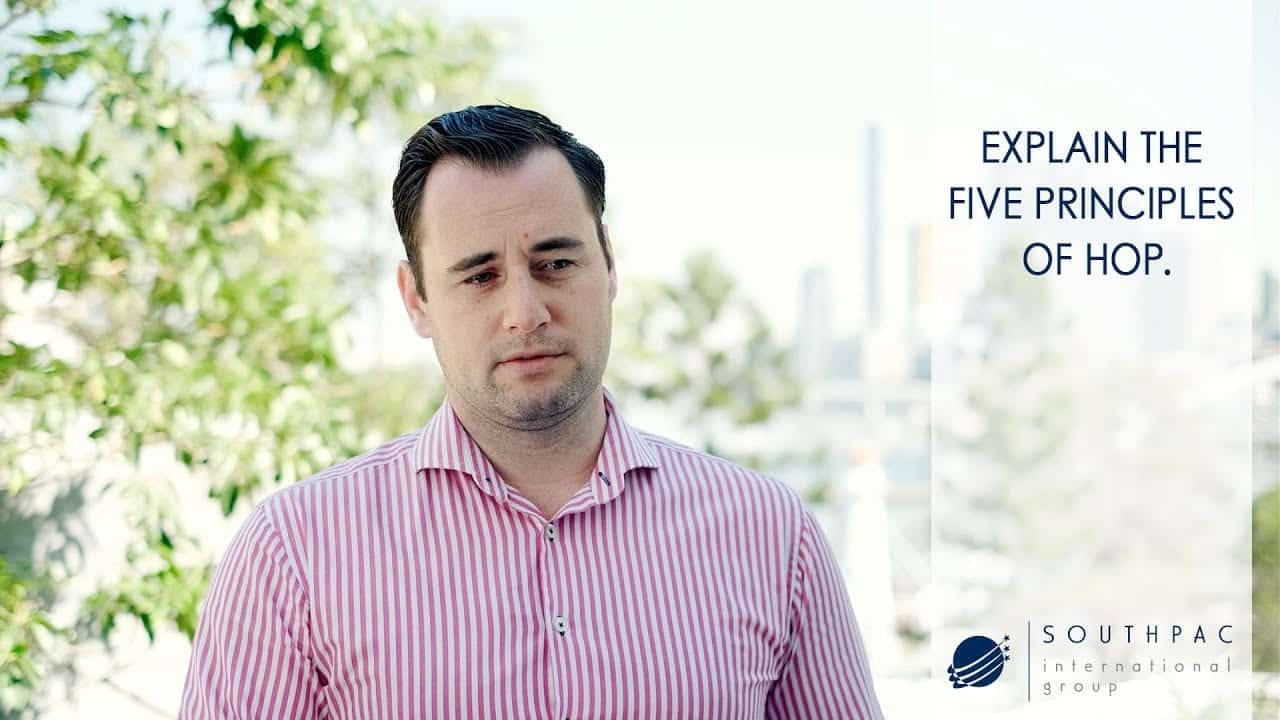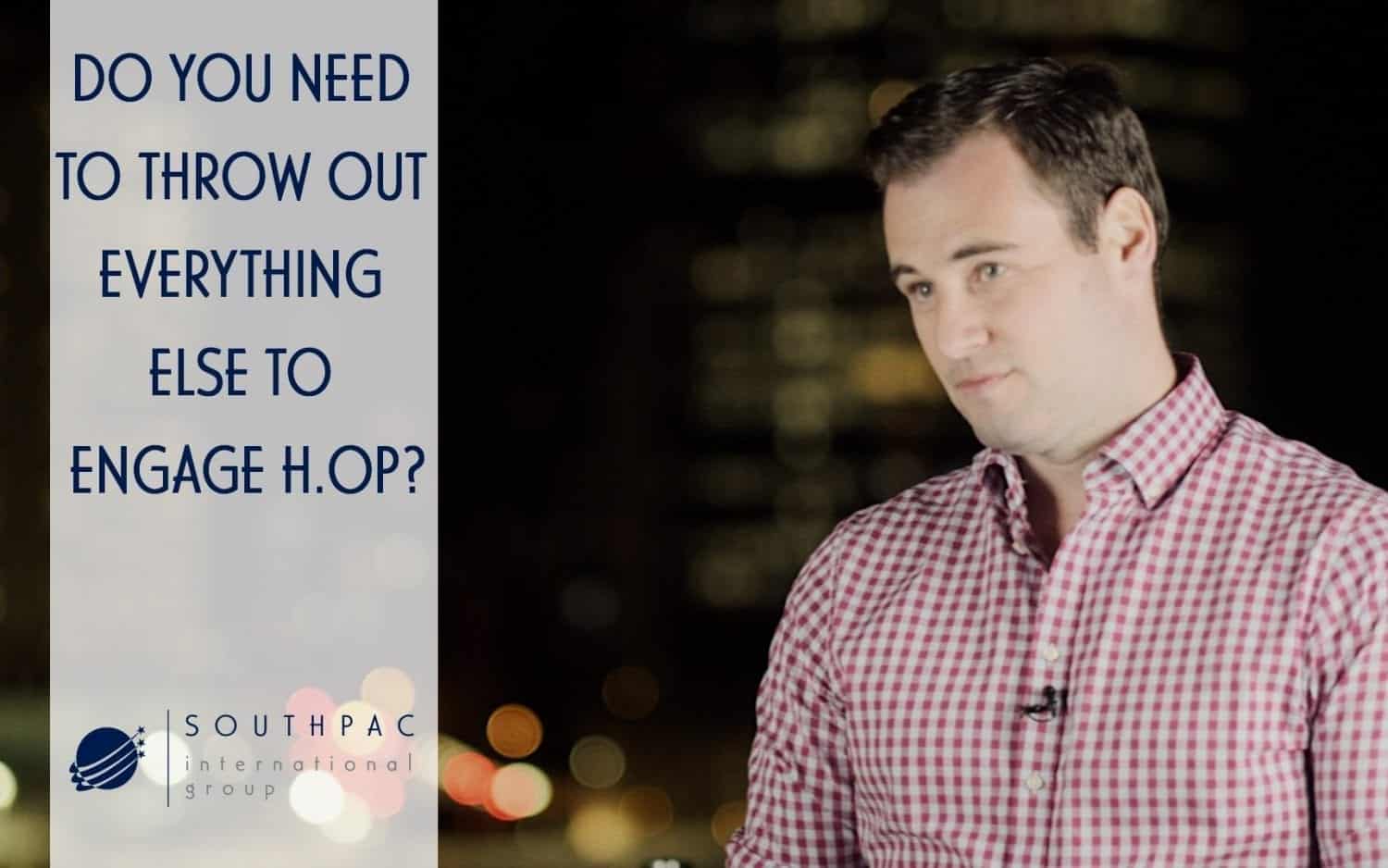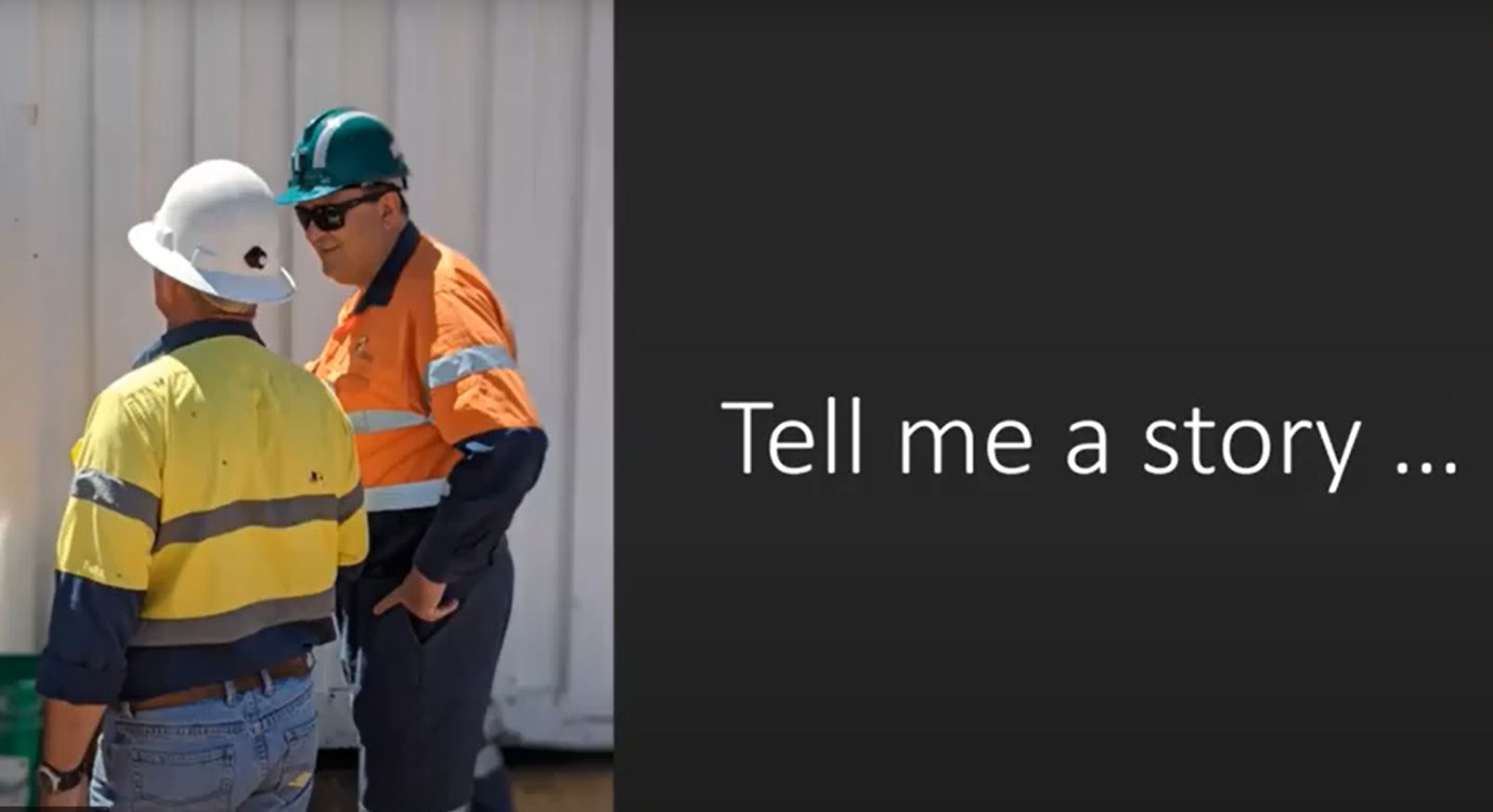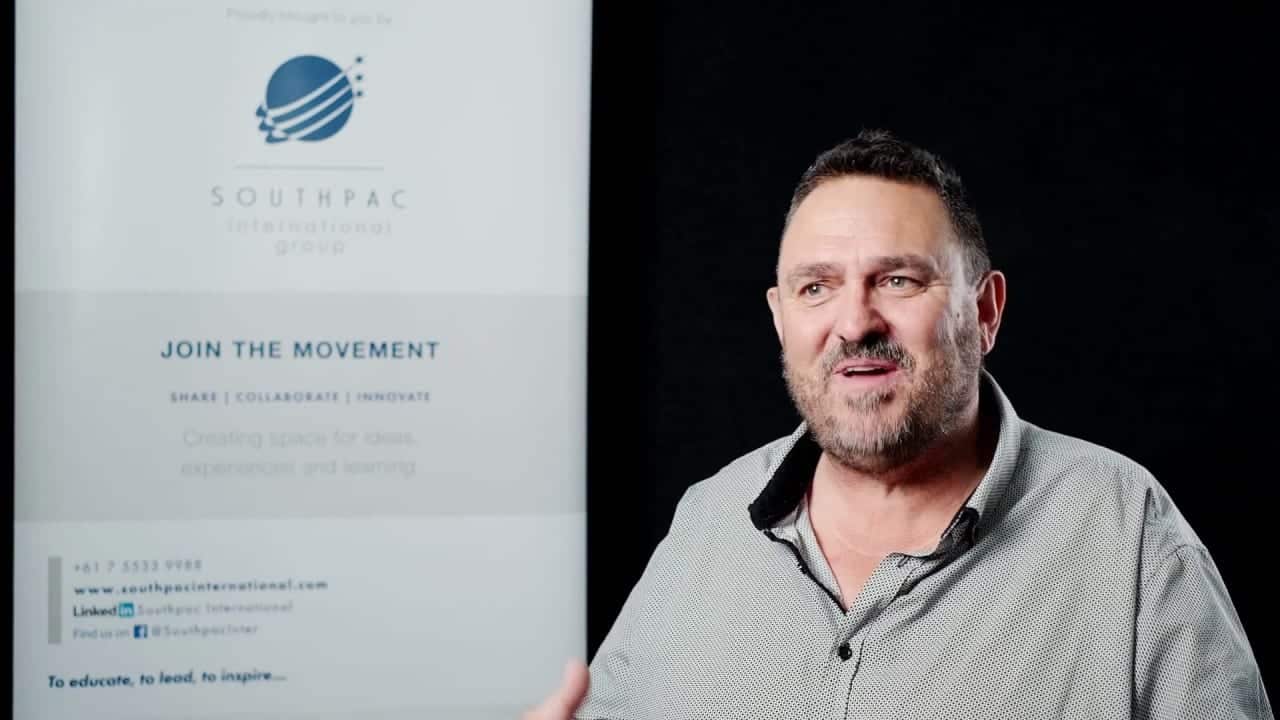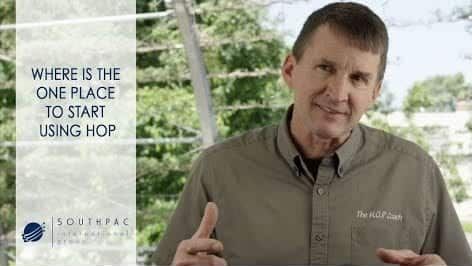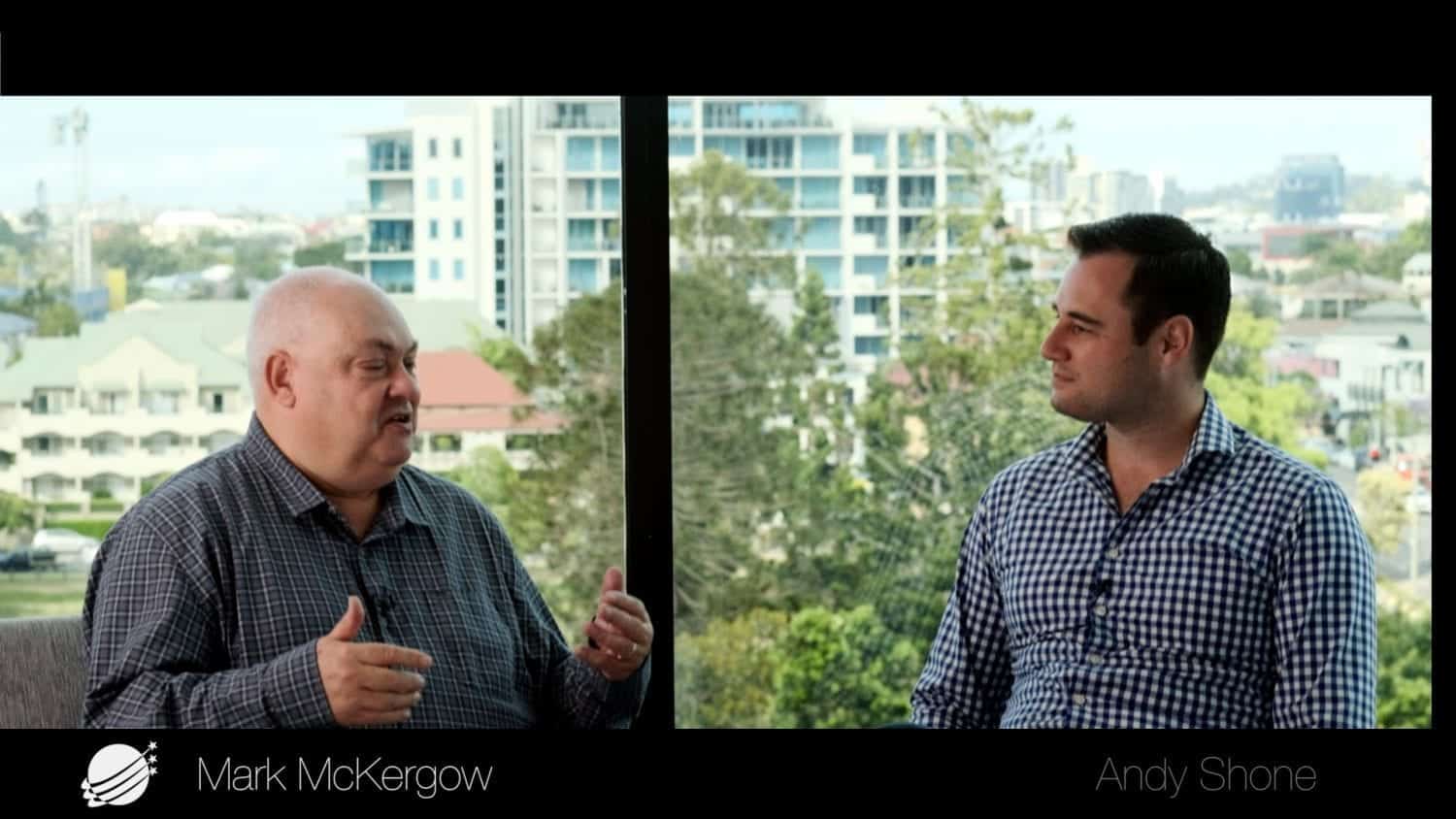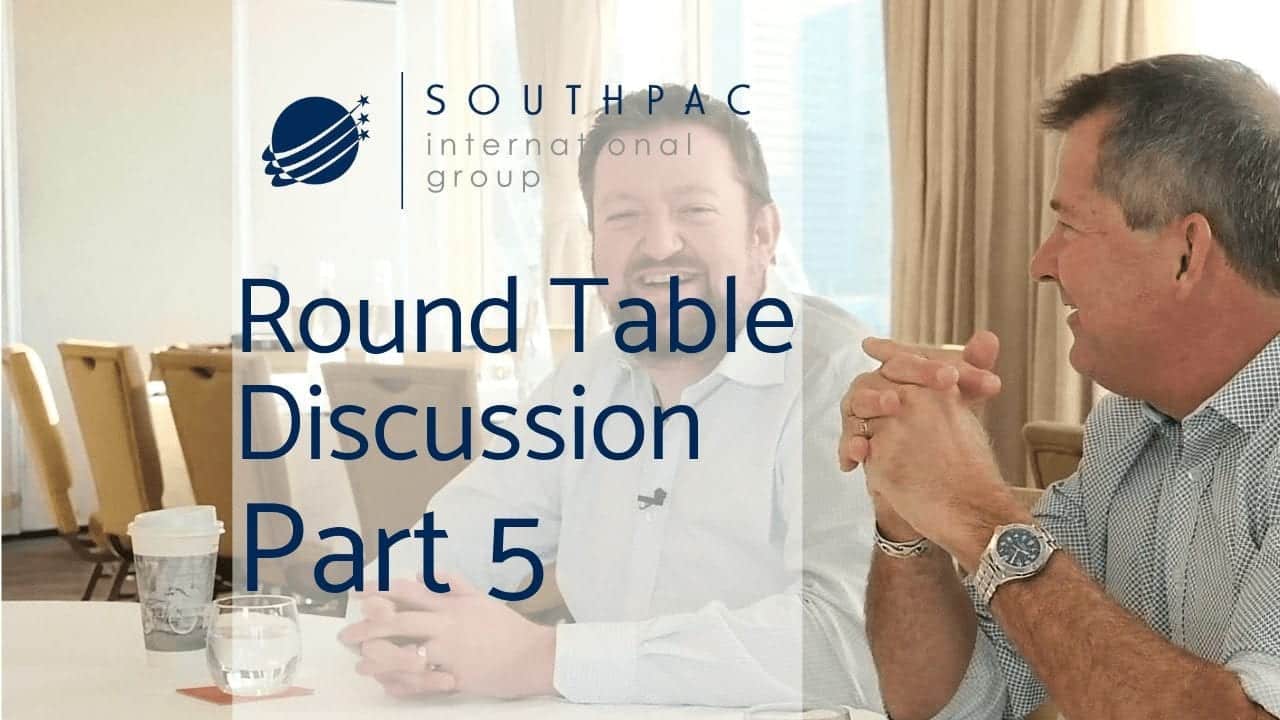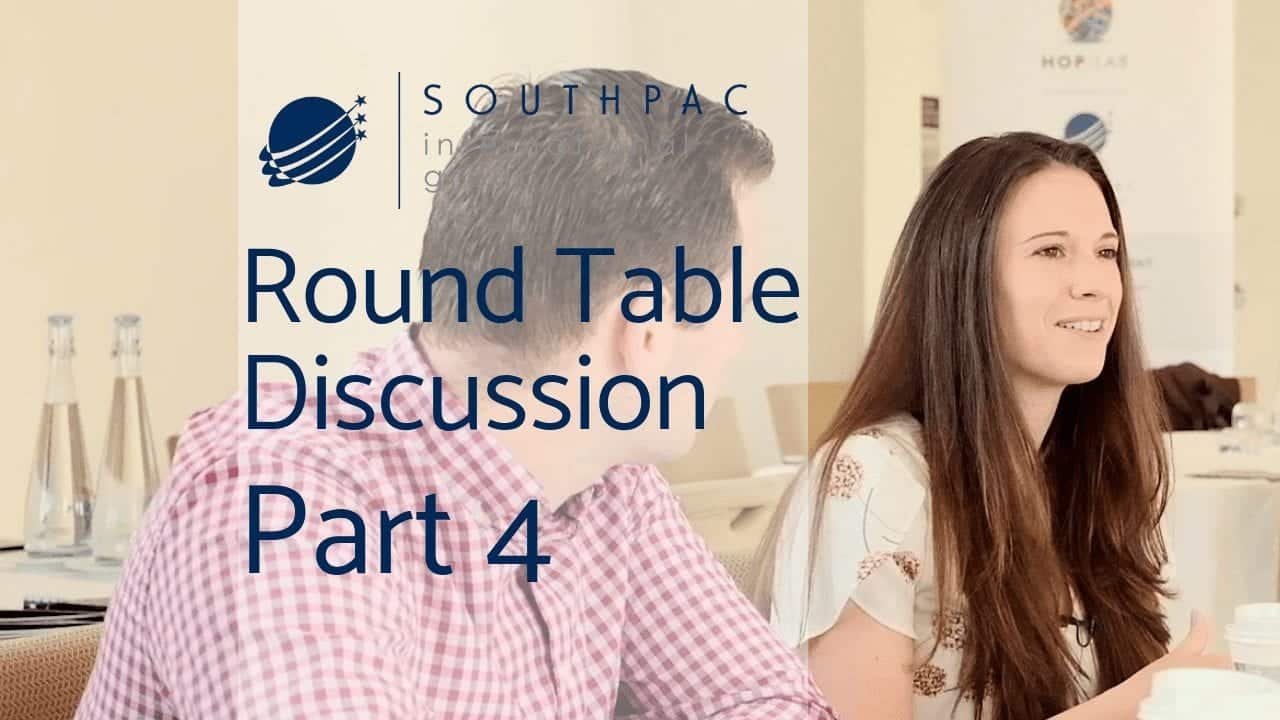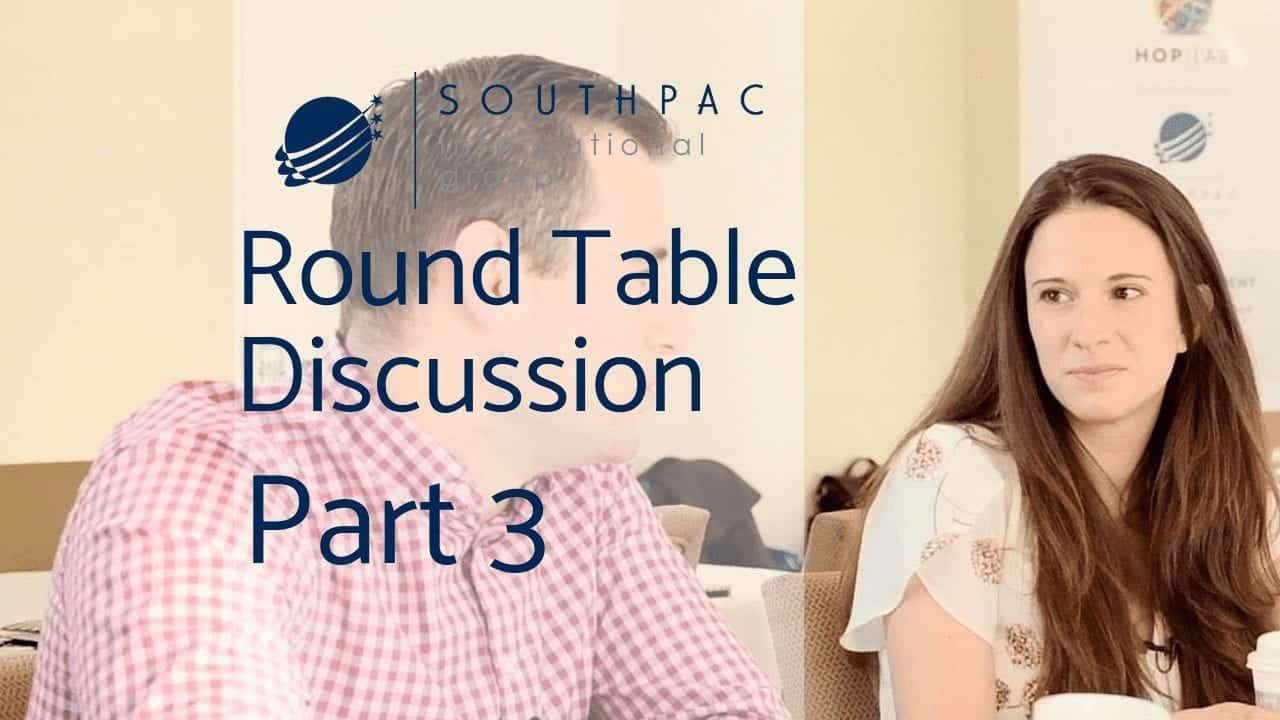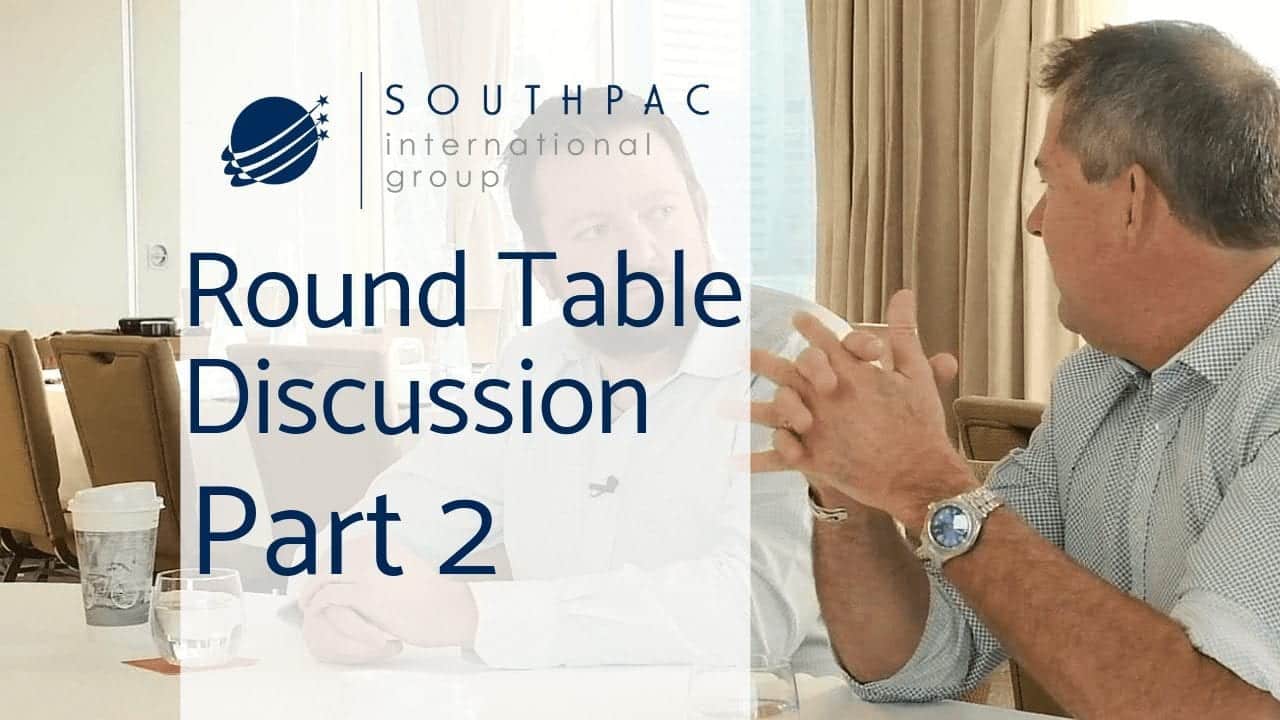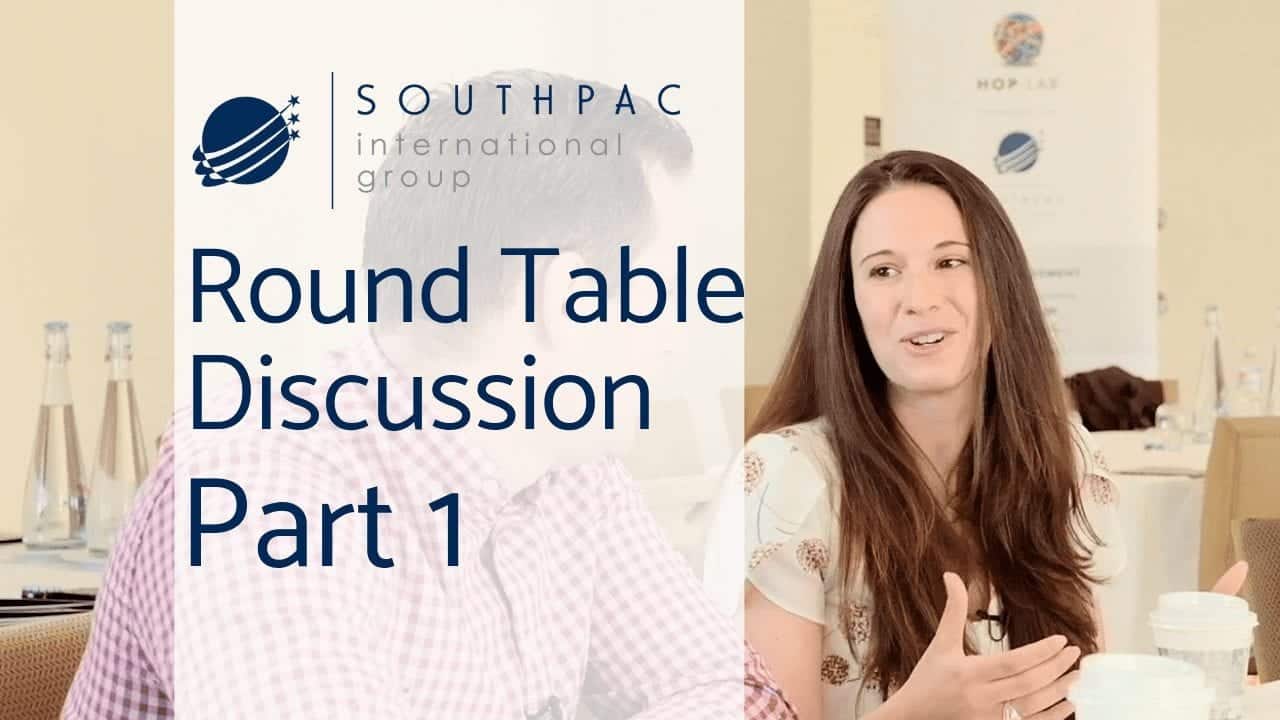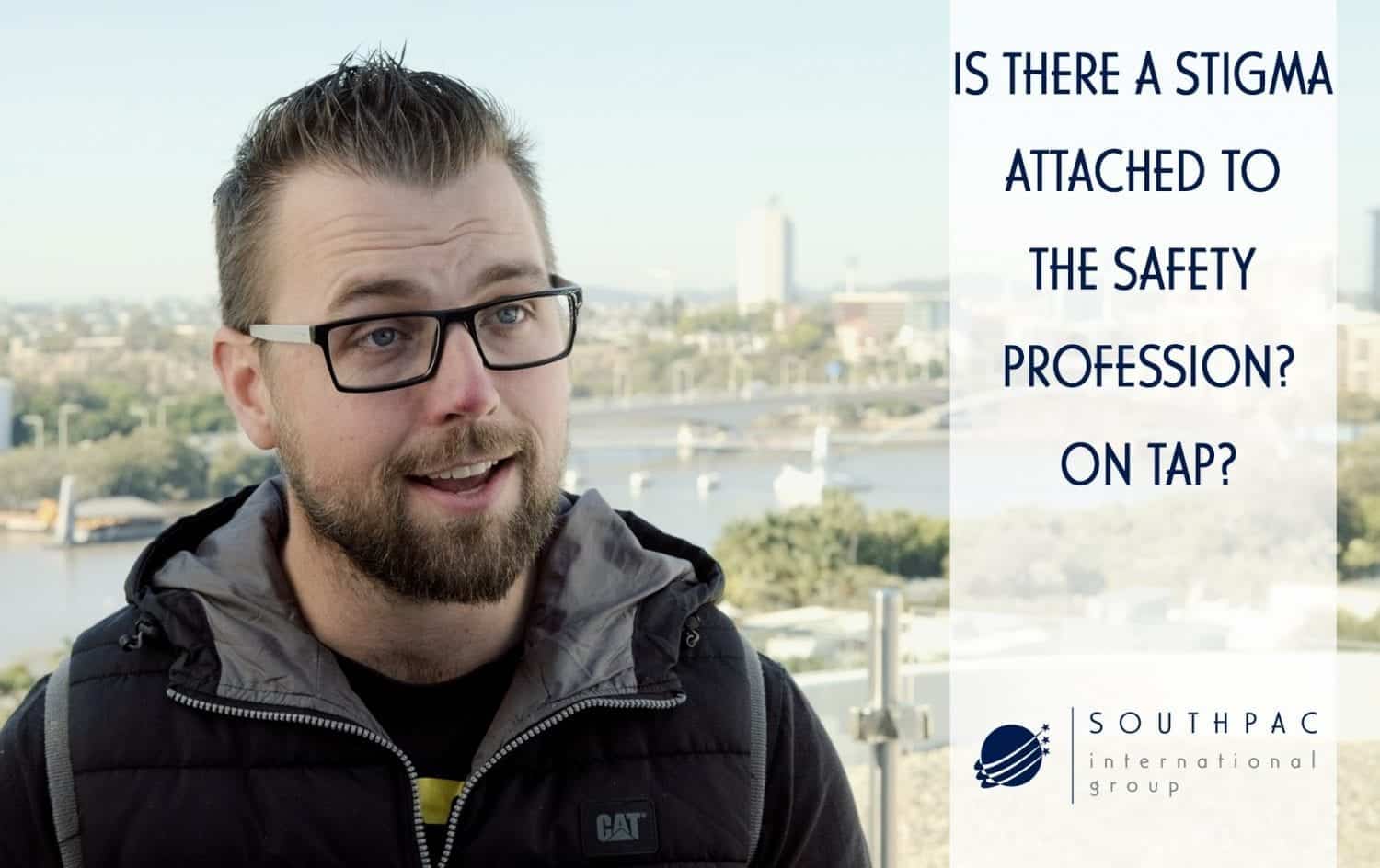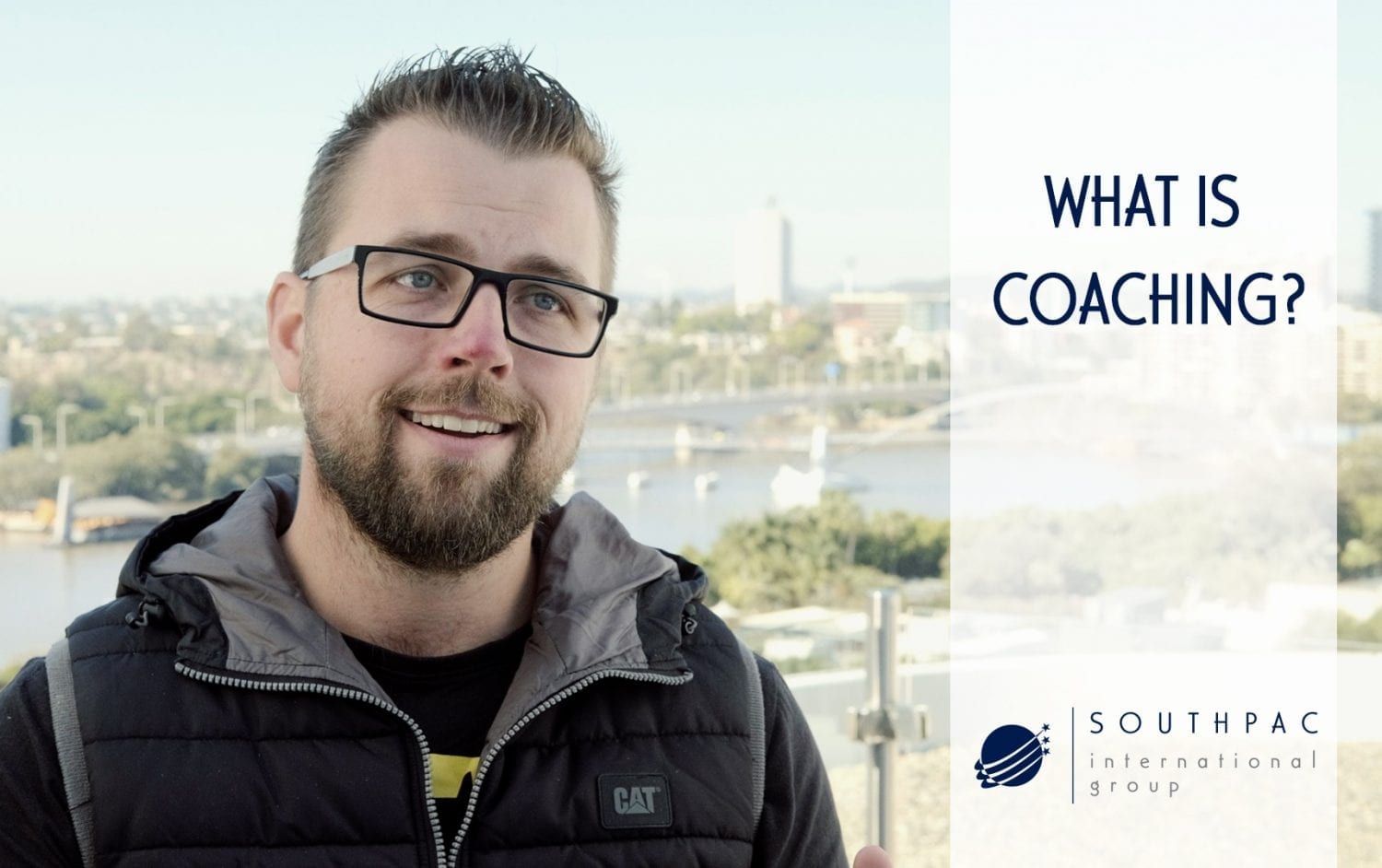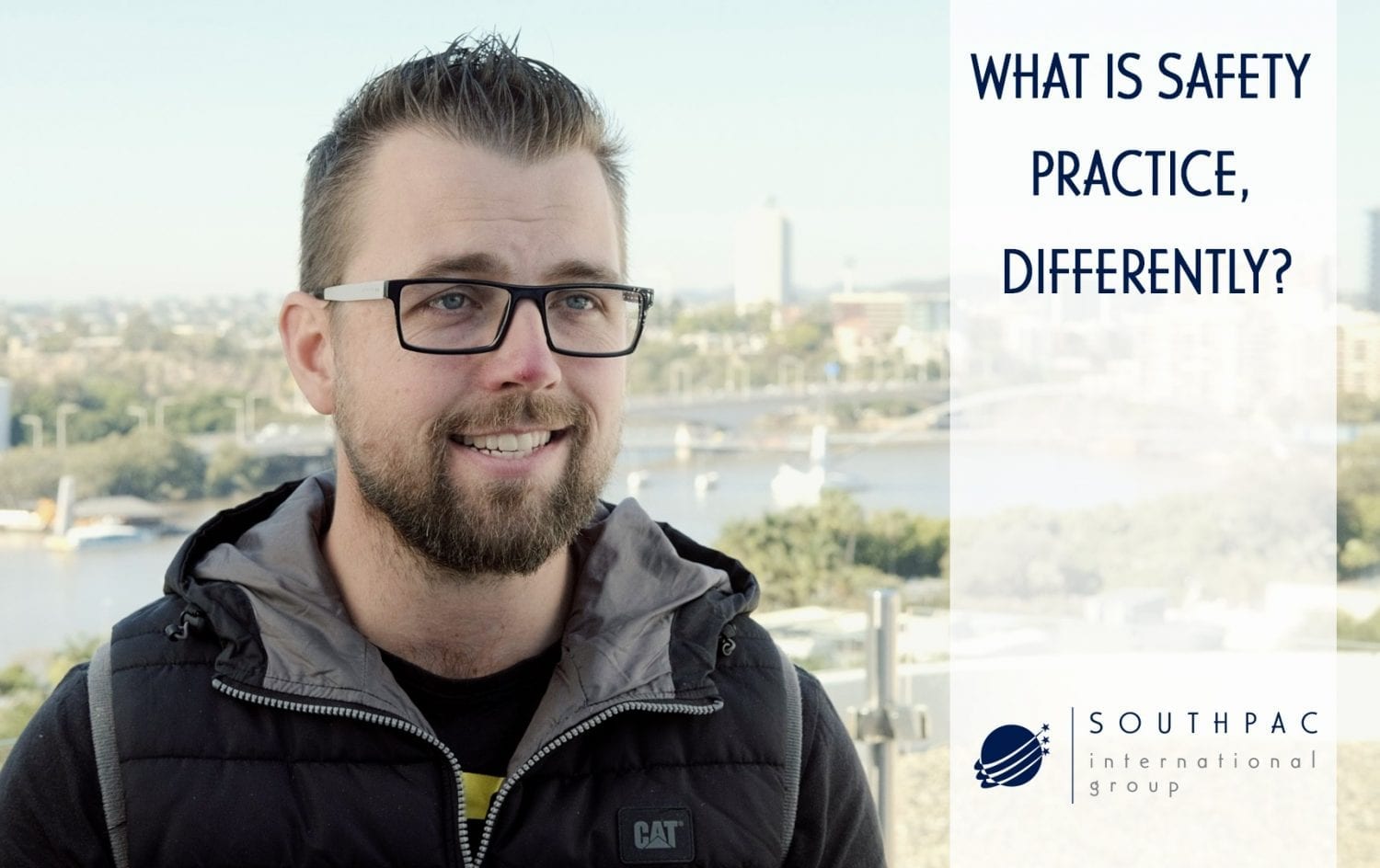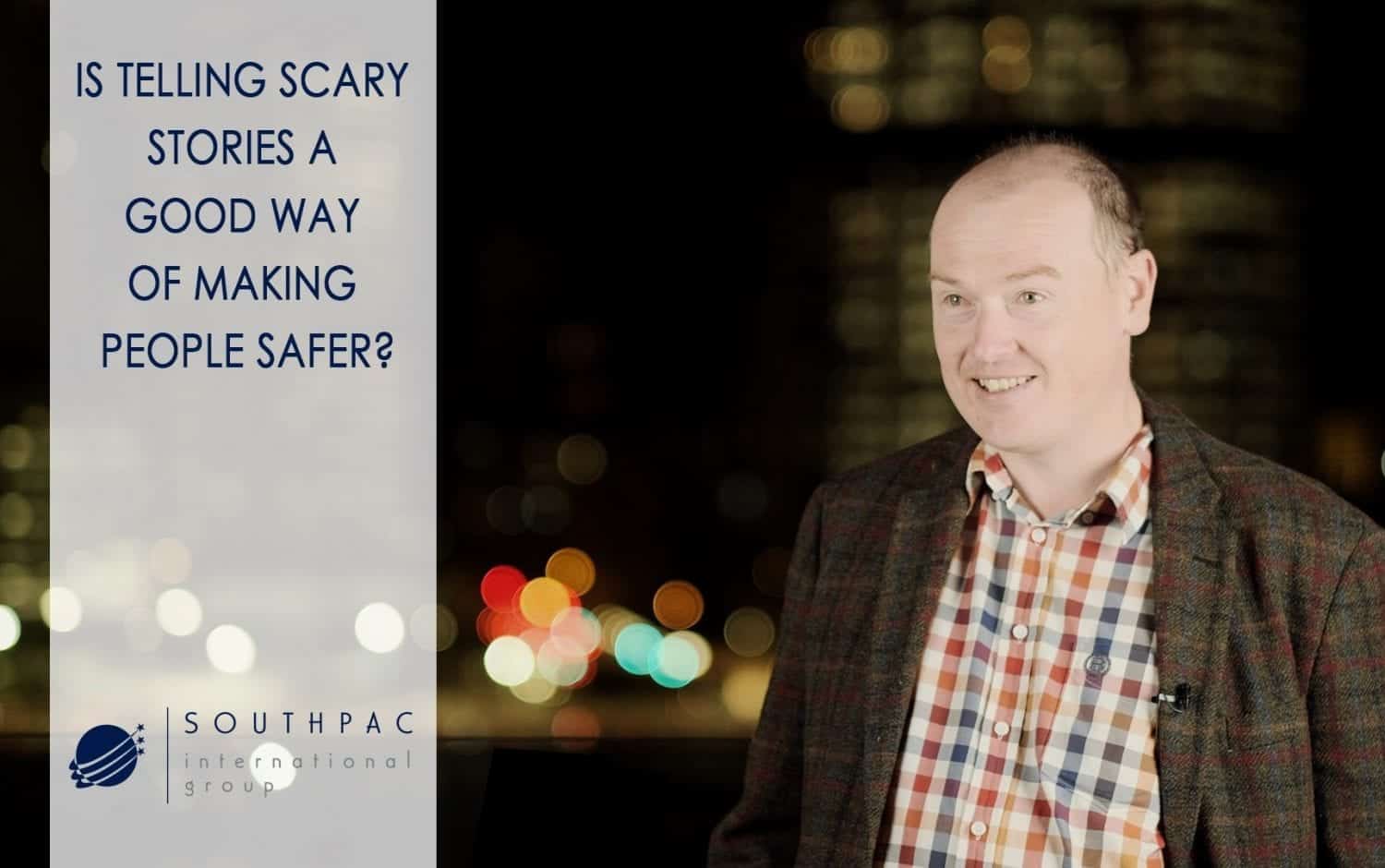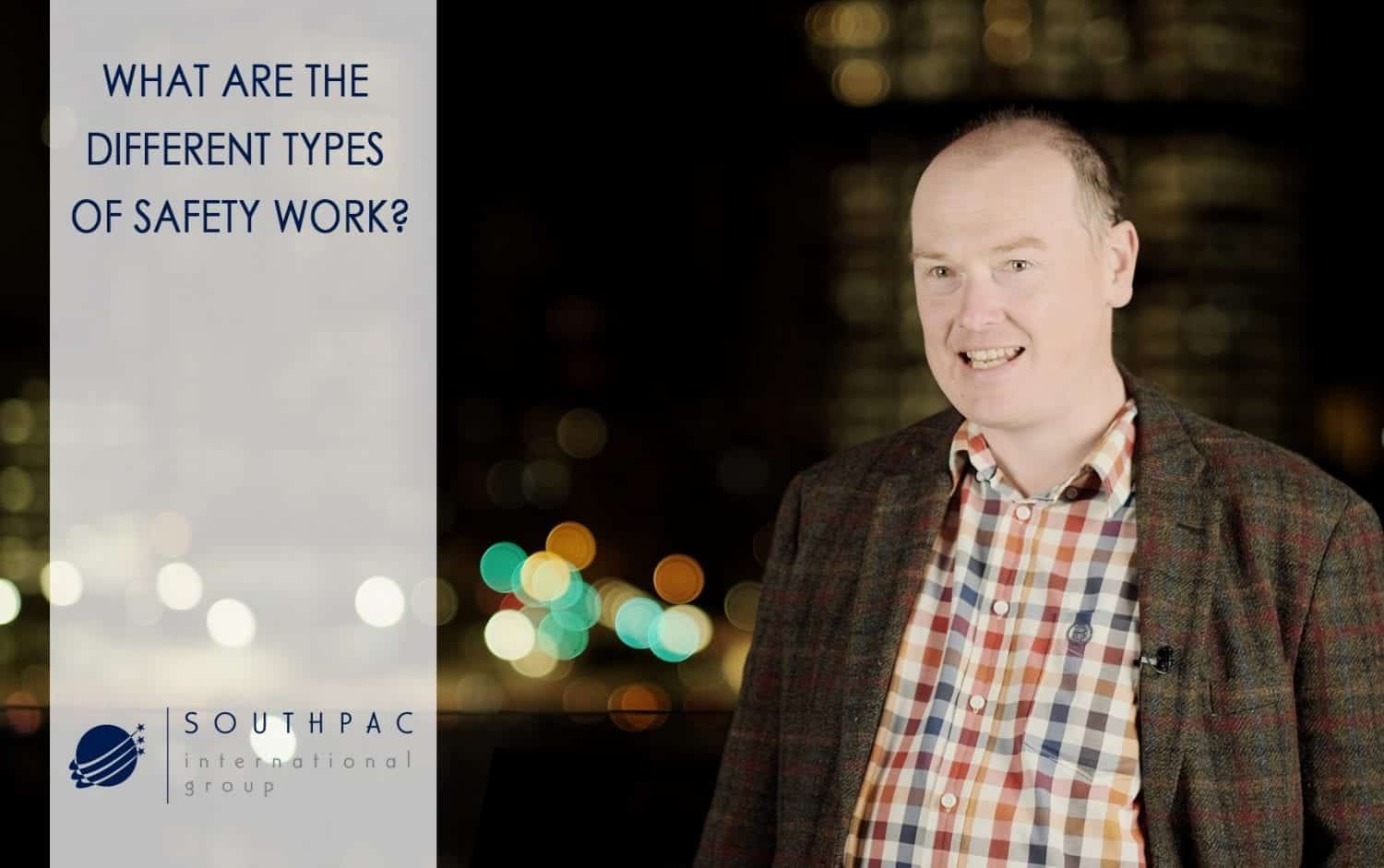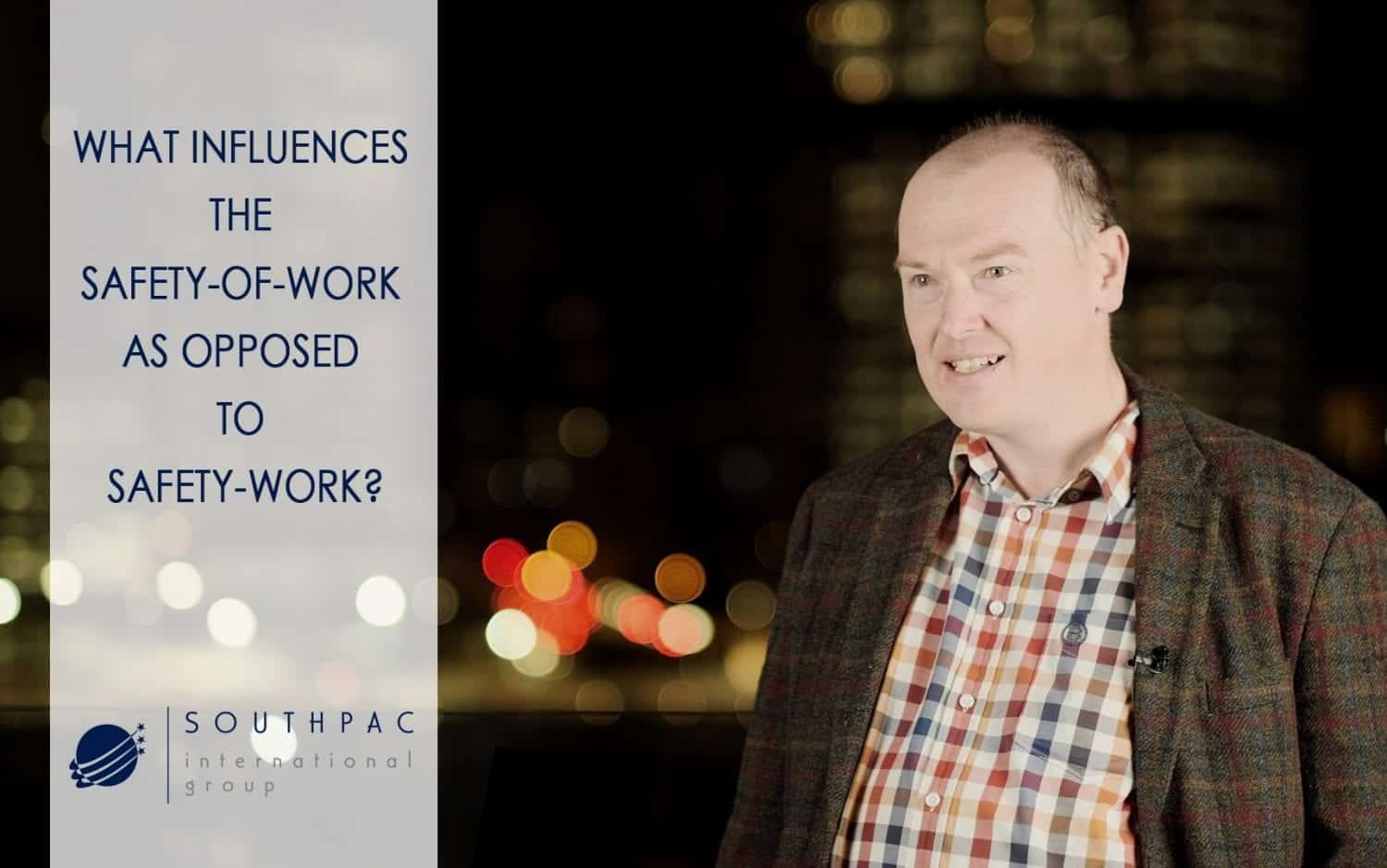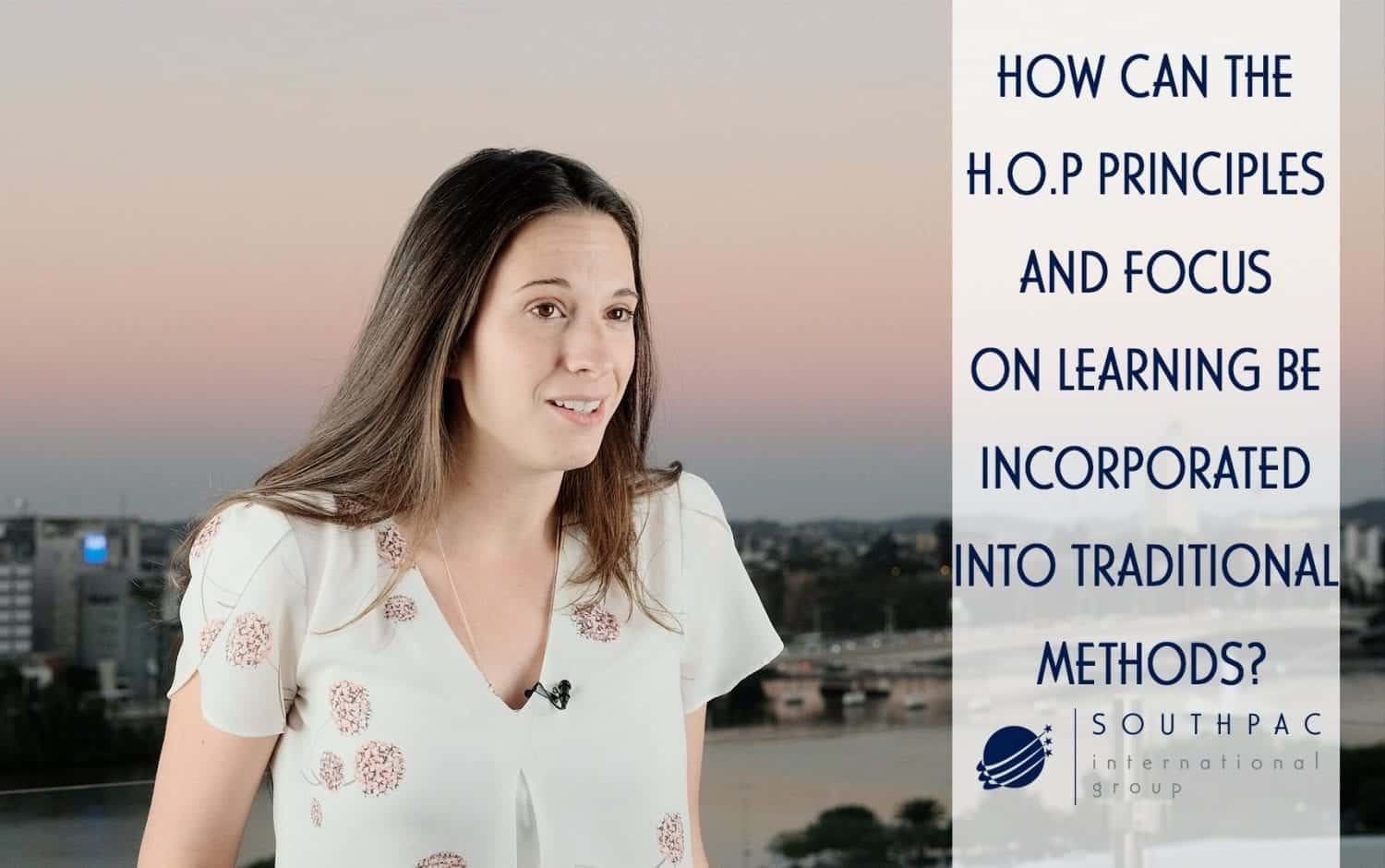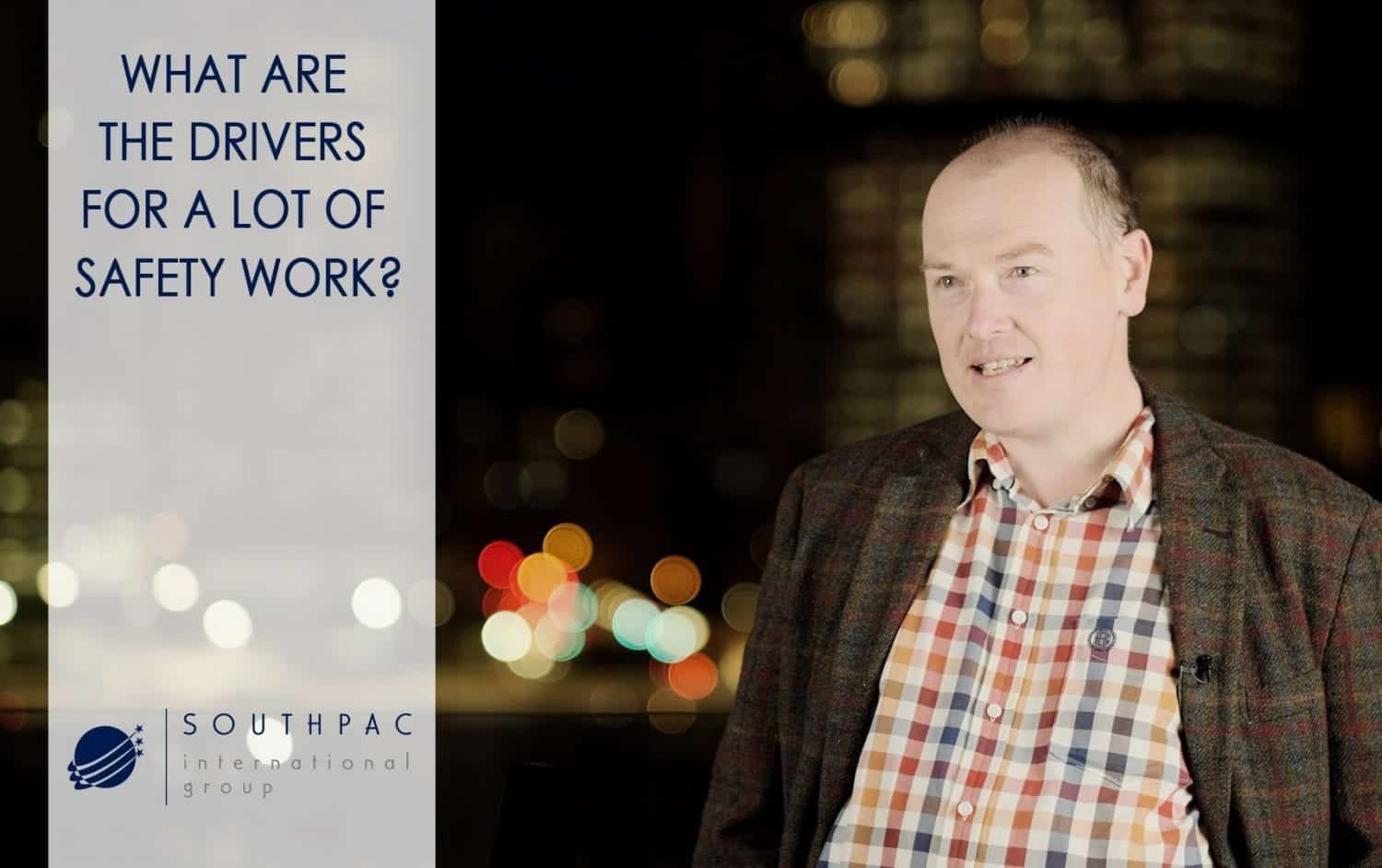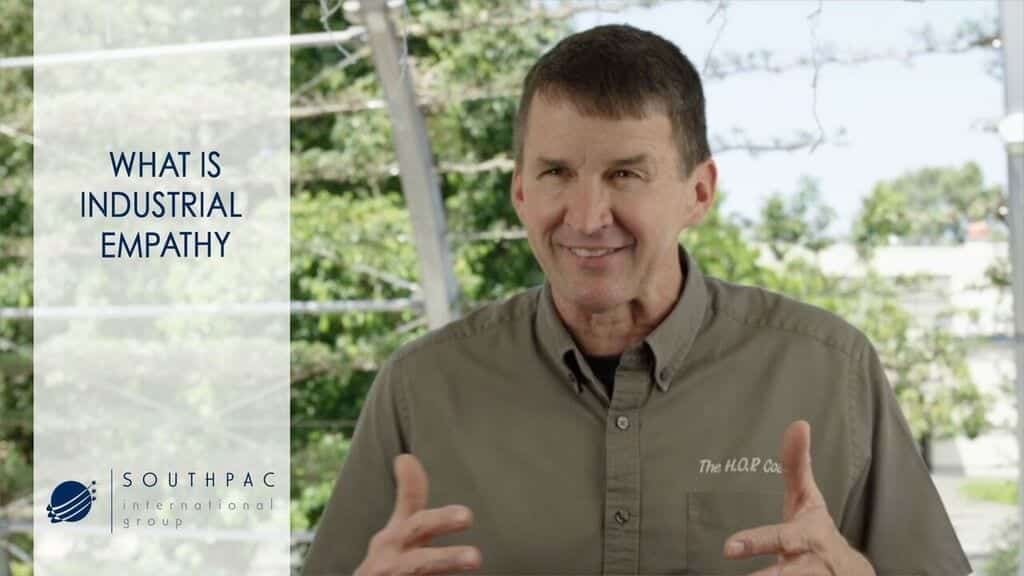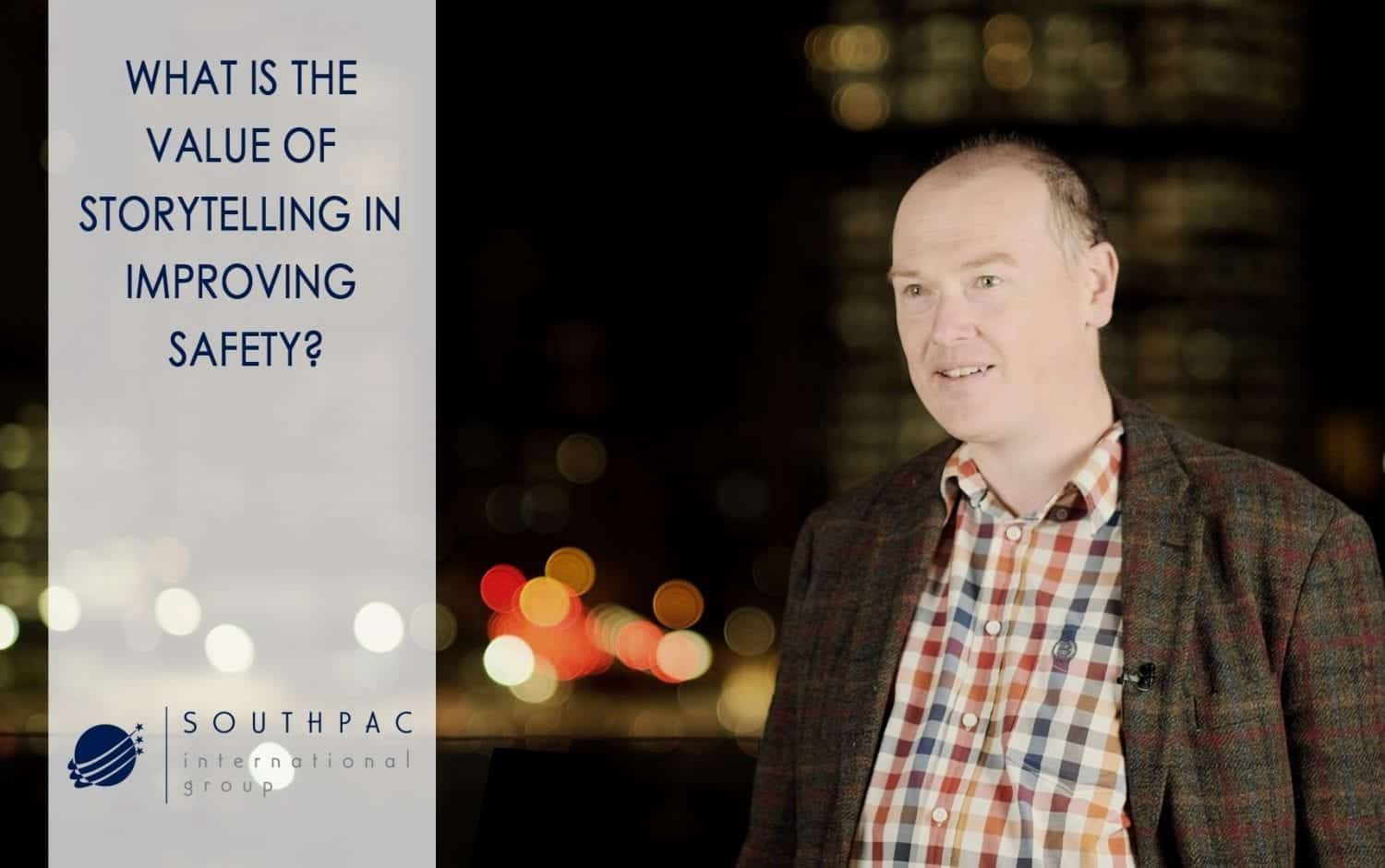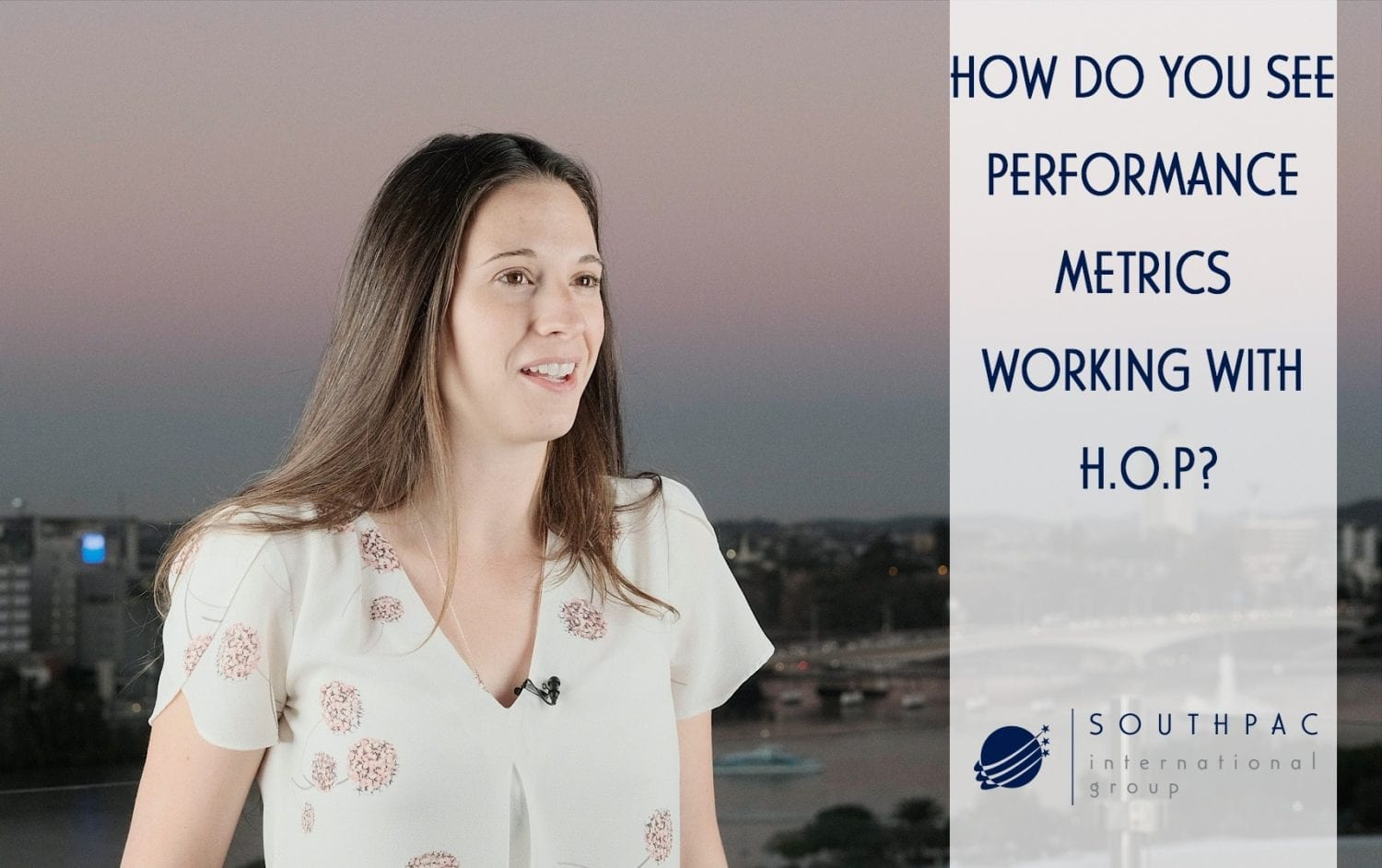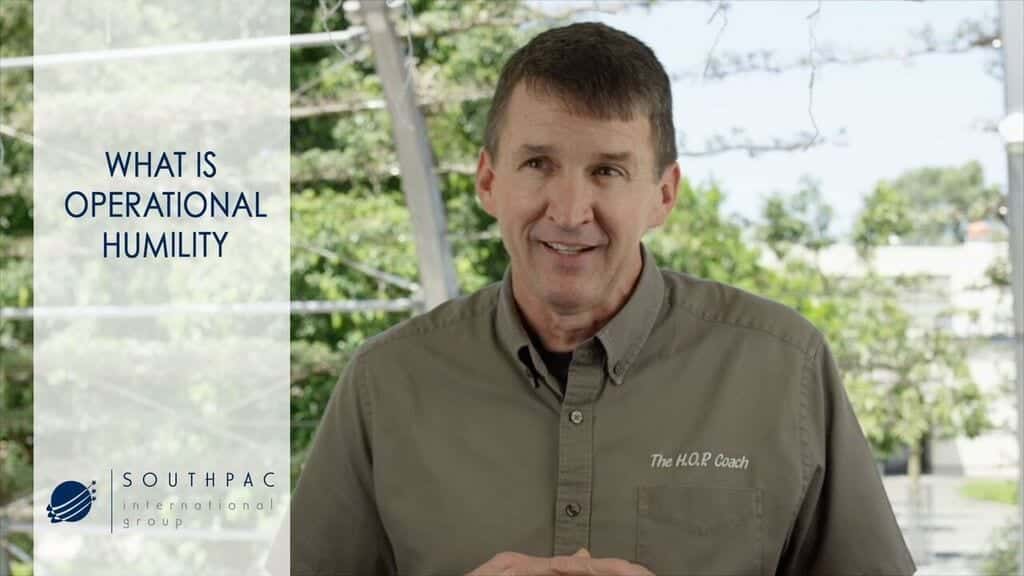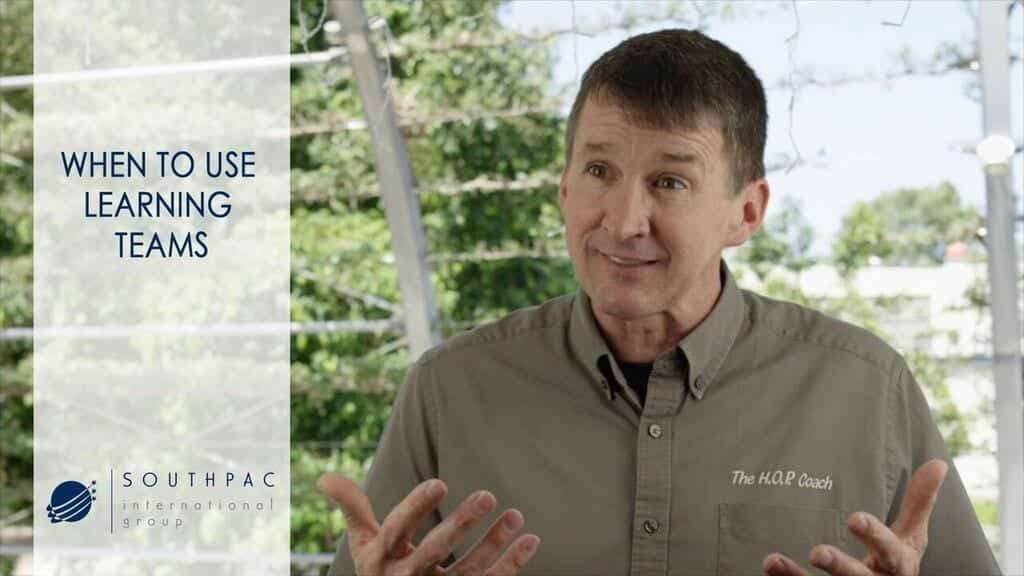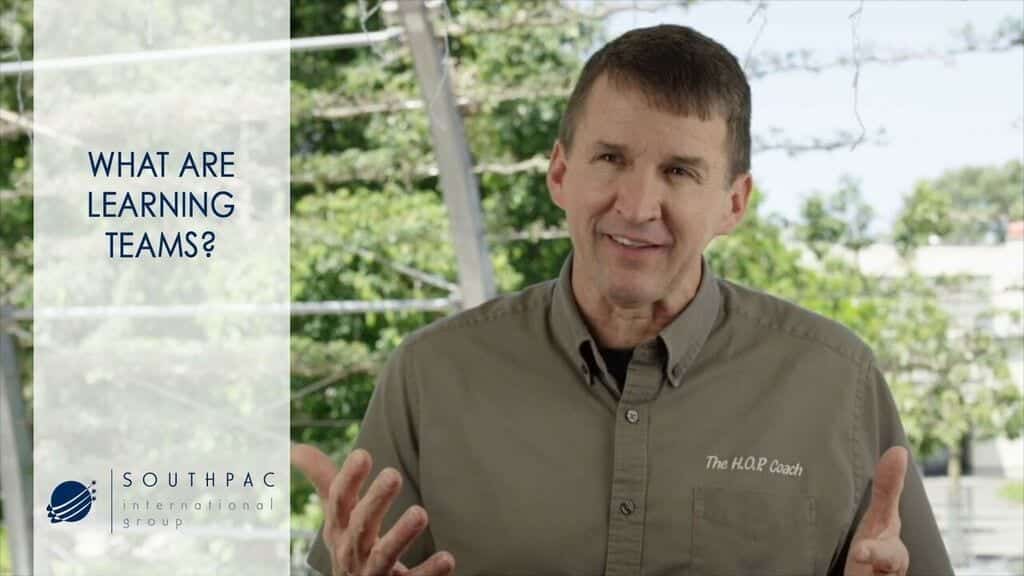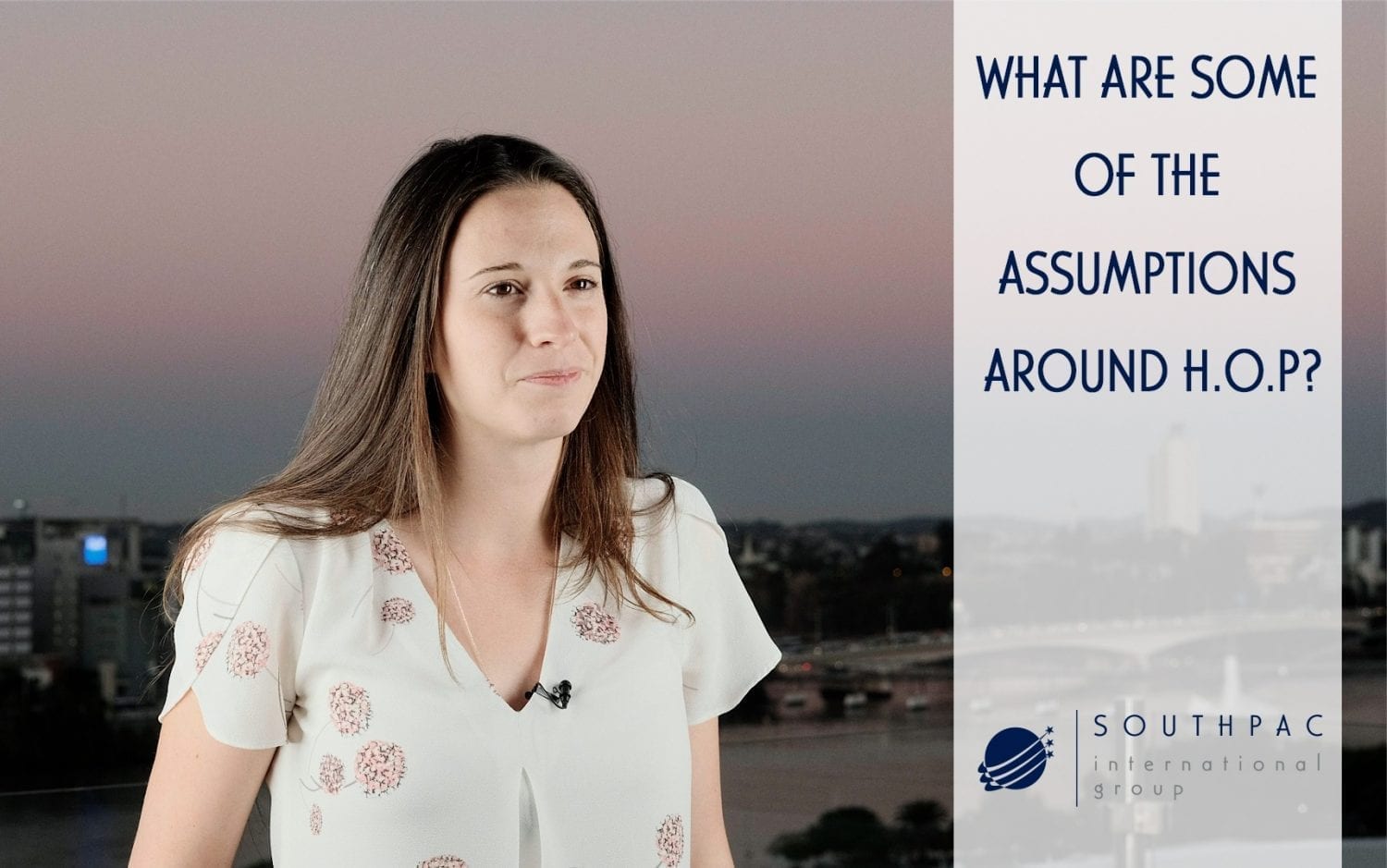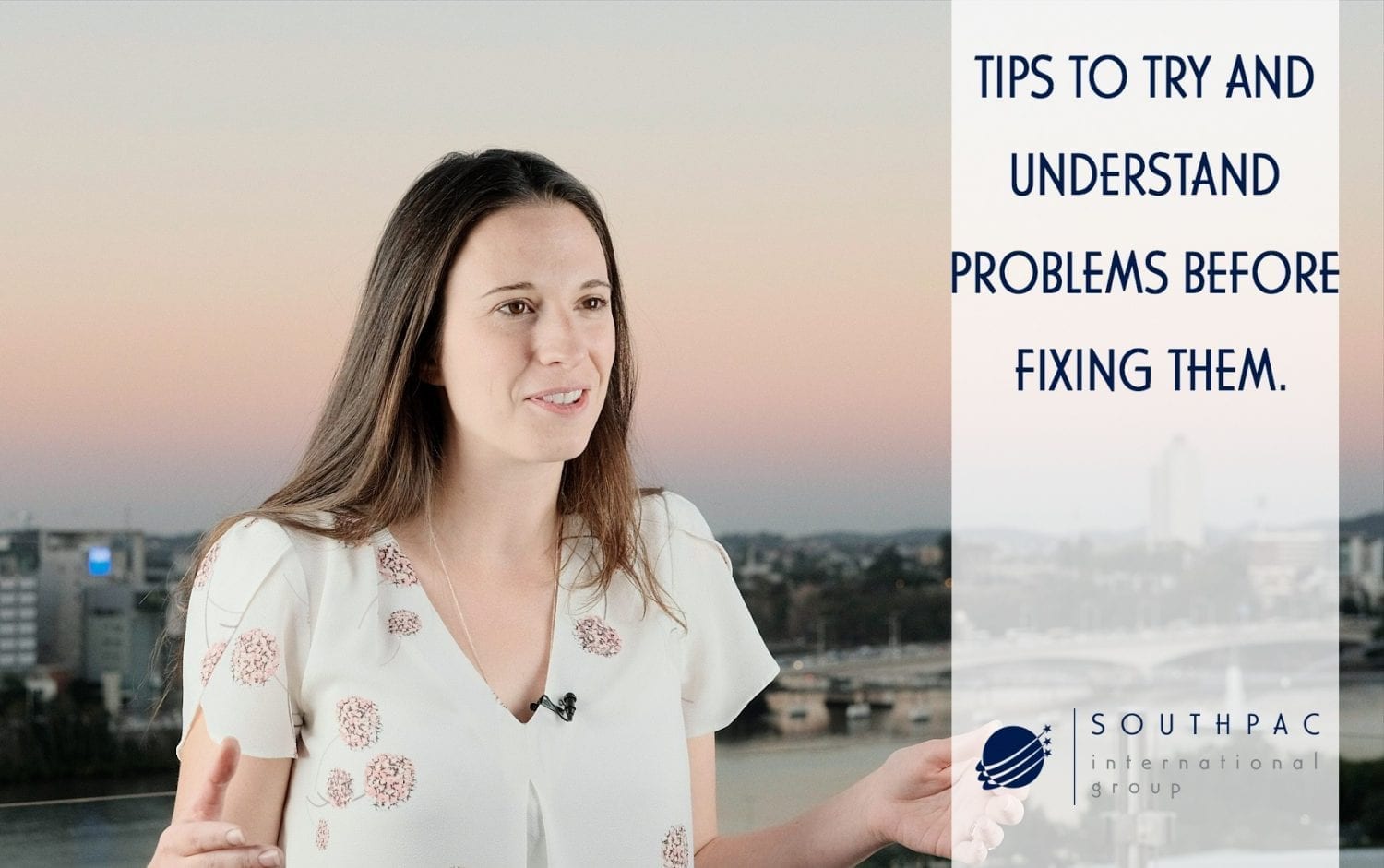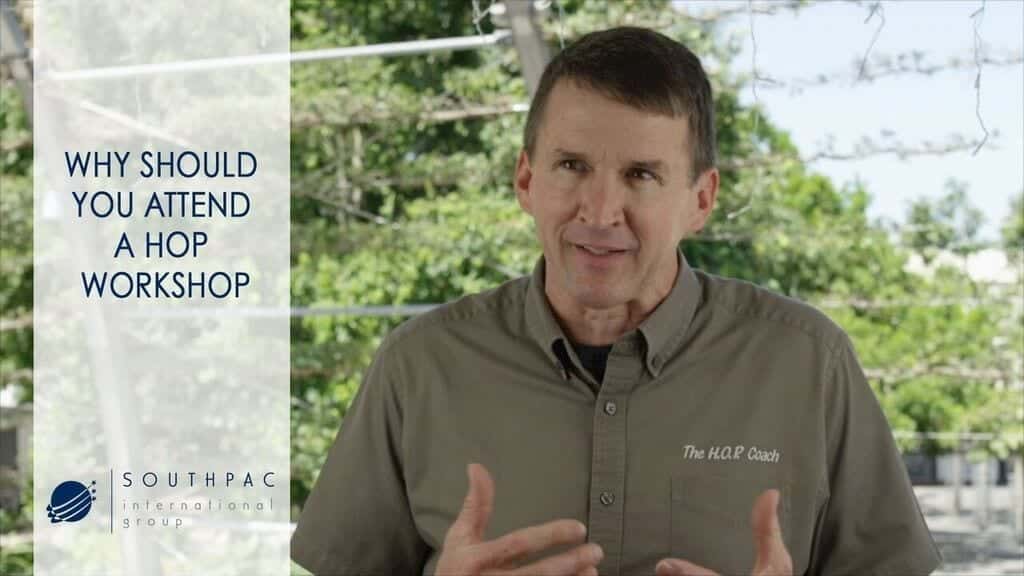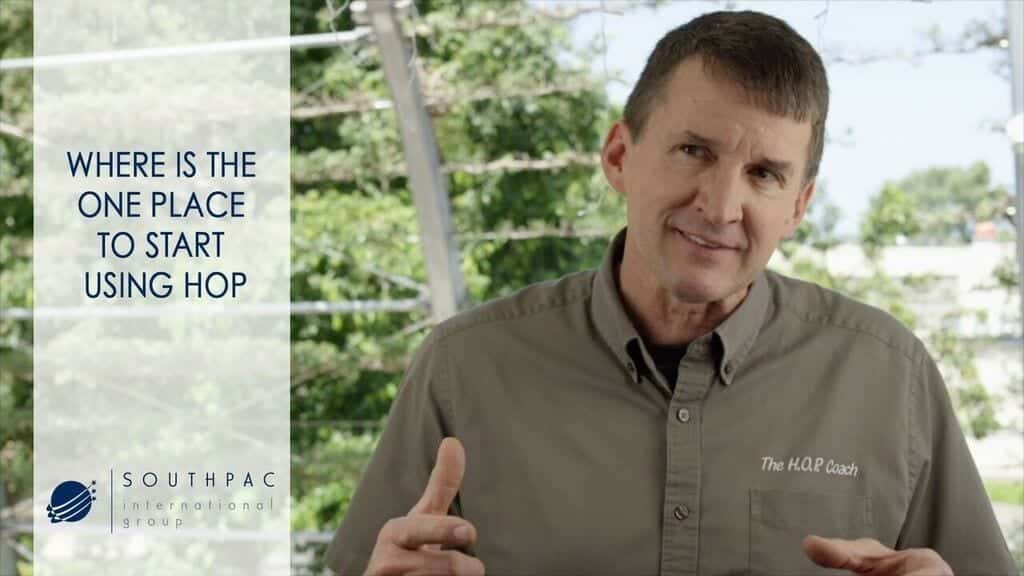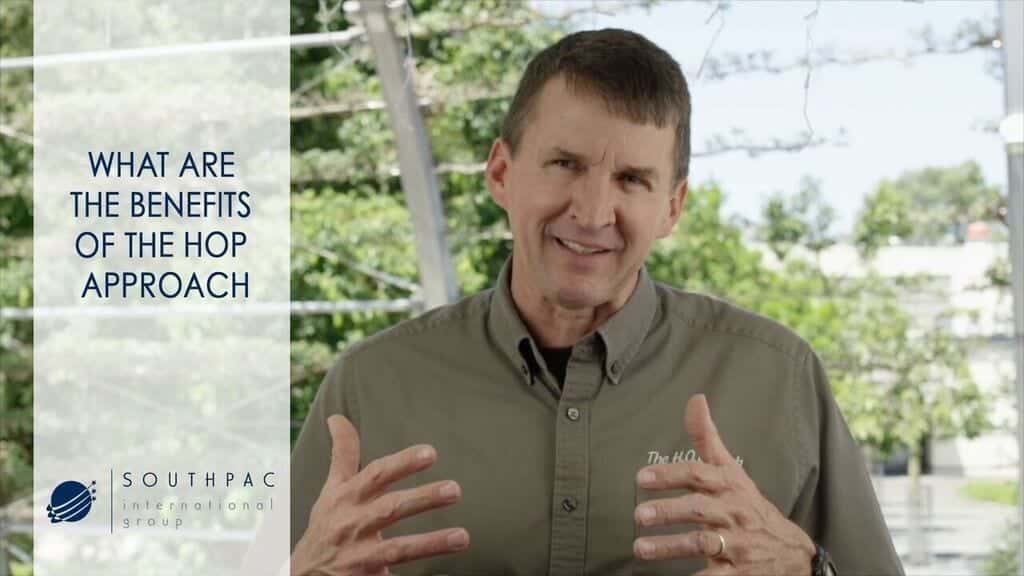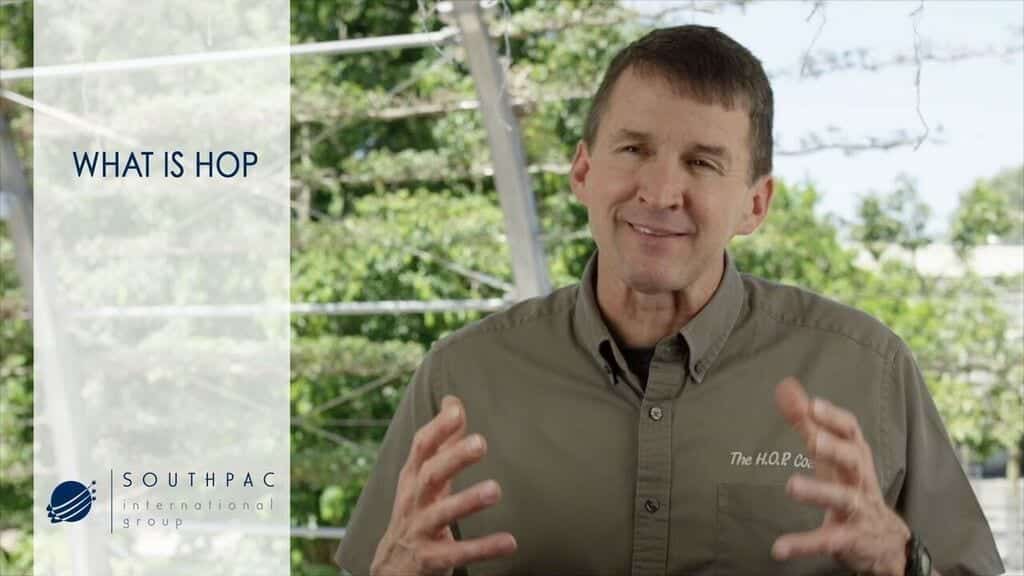5 Principles of HOP?
SHOW NOTES
There are five principles we really talk about when we engage in HOP. The first being that Error is normal. We are not saying that error is desirable but sometimes it is good. We have made all types of inventions and innovations through trail & error, but it’s an acceptance that people are human and being human, we make mistakes. We forget things, sometimes we can be inattentive, we are human. Rather than trying to stop on the error or creating war on error, trying the achieve zero errors, which is really a fool’s errand, we accept the facts that people are human, and they all make mistakes. We need to build systems that allow for that. Systems that allow us to make errors in a safe way because ultimately, we are one error away from a serious incident or accident. That’s not a human problem, that’s a system problem. The second principal is Blame Fixes Nothing. Humans, when things go wrong, want simple explanations & someone to blame. We can’t stop that because its human, but what we’re saying is that it’s not very helpful. Every organisation knows this deep down. Many managers we speak to say they are not very comfortable with the idea we need more accountability, which is really just code for, we need for blame. Taking blame away really enables better learning. The third principle is Systems Drive Behaviour. We say if it’s not about errors and choices, it’s about what are the influences in the system, why do people behave the way they do? We get a lot more curious in HOP because we want to know what the organisational influences are? why are the people making the decisions they are making? We generally know with a great degree of confidence people make decisions that are locally rational. They don’t go to work to hurt themselves. They don’t go to work to hurt other people. They don’t go to work to screw up the supervisors day or damage equipment or whatever it might be. What we try and do is empathise and try and find out why they did what they did, because it probably makes sense at the time. If we just blame them and send them away from the organisation, we don’t learn about what is and therefore we leave the same conditions in place for someone else to protentionally make the same mistake or error in the future. Error is normal. Blame fixes nothing. Systems drive behaviour. Our fourth principle is Learning is vital. If we don’t learn about the conditions, we don’t change them and therefore we are fixing the wrong things. A number of organisations we work with, they seem to basically have the same corrective actions over and over again. The same sort of running policies and memos and procedures and retraining, which aren’t really moving the dial in terms of actually improving organisational performance. We really need to be learning when things go wrong but even more vitally, learning from normal work and learning from everyday actions because it is there that we can really start to tap into the creativity, the innovation, the kind of capacity that is already there in our organisation that we are just not tapping into. We need to acknowledge that accident and normal work really look very similar. In fact, often times, the only difference between an accident or a incident is that outcome. If we accept the fact that most of the other elements of an accident or normal work are the same, we can do so much more learning by going to look at normal work. The fifth principal is Response Matters. We use the term Response literally because oftentimes we find we do react, and reacting is very different to responding. Managers and leaders, and everyone in the organisation really, if they are working on their response to failure, that creates a much better environment where we can actually learn and develop and grow. Making Knee-jerk reactions which often involve blame or judgement, gets in the way. If we can manage that response, organisations will be far more effective in across all these different measures.
.
Andy Shone | Proudly brought to you by HOPLAB & Southpac International.
Contact Southpac International today for innovative H.O.P courses.
+61 7 5533 9988 | [email protected]
Watch more from Andy Shone
Watch other HOPLAB Videos
HOPLAB’S Collaborators

Subscribe to the HOP|LAB® Newsletter
Get the latest information and insights on Human and Organisational Performance delivered to your inbox.

